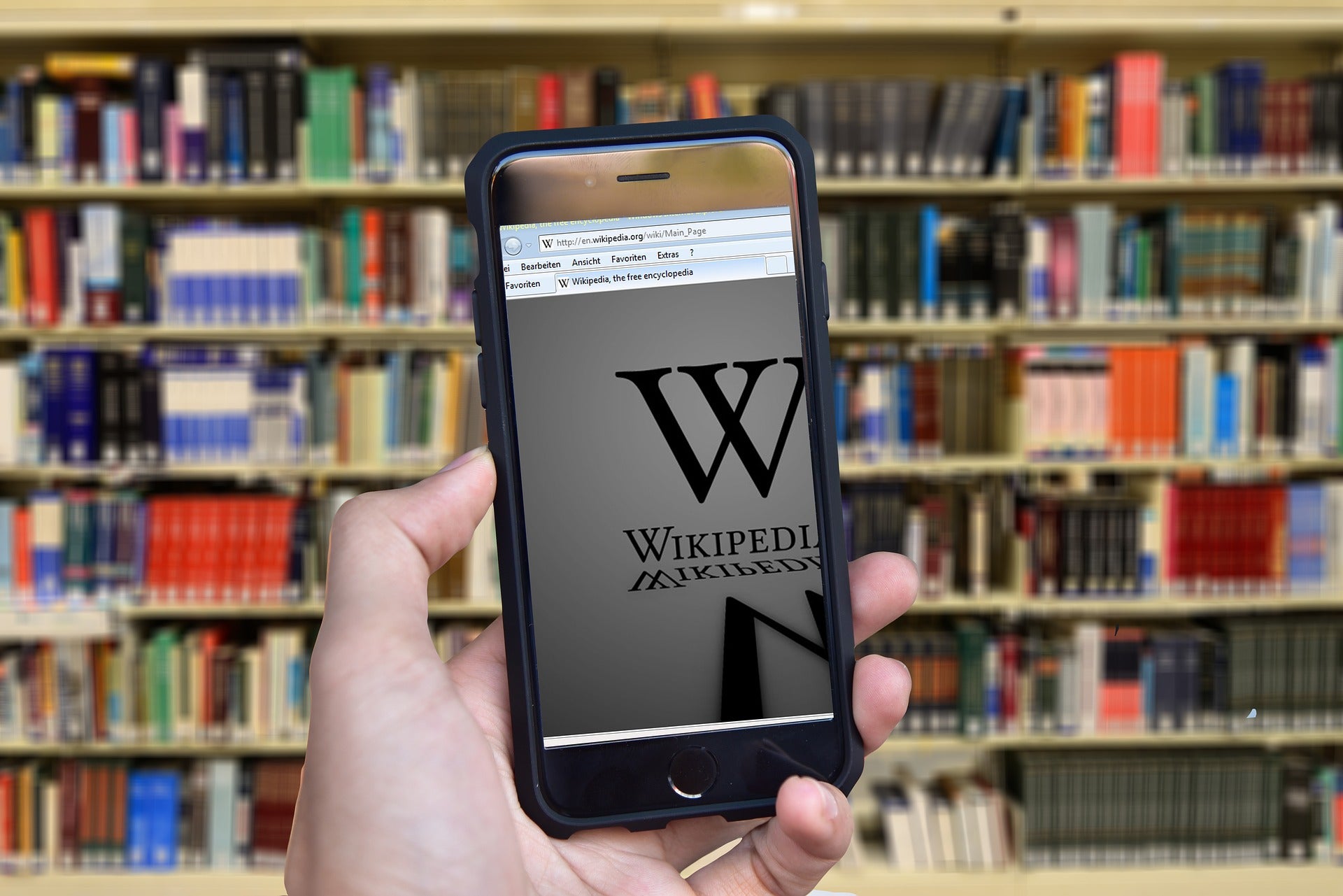Wikipedia articles are heavily influencing judges’ decisions, study finds
Lanaguge from the articles made its way into the judge’s final opinions - especially for those with heavier workloads

Judges are being influenced by legal articles on Wikipedia, a new study has found.
Researchers led by Neil Thompson from MIT’s Computer Science and Artificial Intelligence Laboratory (CSAIL) created new legal Wikipedia articles in an experiment to examine how they affect the legal decisions of judges.
They produced over 150 new Wikipedia articles on Irish Supreme Court decisions, written by law students – half of which were randomly chosen to be uploaded online, while the other half were kept offline.
The group then looked at two measures: whether the cases were more likely to be cited as precedents by subsequent judicial decisions, and whether the argumentation in court judgments echoed the linguistic content of the new Wikipedia pages.
They found that having a public Wikipedia article online increased a case’s citations by more than 20 percent. The increase was bigger for citations by lower courts such as the High Court, but and absent for citations by the Supreme Court and Court of Appeal.
This could indicate that Wikipedia is used more by judges or clerks who have a heavier workload.
“To our knowledge, this is the first randomized field experiment that investigates the influence of legal sources on judicial behavior. And because randomized experiments are the gold standard for this type of research, we know the effect we are seeing is causation, not just correlation,” says Dr Thompson.
“The fact that we wrote up all these cases, but the only ones that ended up on Wikipedia were those that won the proverbial ‘coin flip,’ allows us to show that Wikipedia is influencing both what judges cite and how they write up their decisions.
“Our results also highlight an important public policy issue. With a source that is as widely used as Wikipedia, we want to make sure we are building institutions to ensure that the information is of the highest quality. The finding that judges or their staffs are using Wikipedia is a much bigger worry if the information they find there isn’t reliable.”
In addition to looking at the case citations made in the decisions, the group also analysed the language used in the written decision – and found that judges had paraphrased some of the Wikipedia entries in the draft opinion before publishing his opinion.
“The text of a court’s judgment itself will guide the law as it becomes a source of precedent for subsequent judicial decision-making. Future lawyers and judges will look back at that written judgment, and use it to decide what its implications are so that they can treat ‘like’ cases alike,” says co-author Brian Flanagan.
“If the text itself is influenced, as this experiment shows, by anonymously sourced internet content, that’s a problem. For the many potential cracks that have opened up in our “information superhighway” that is the internet, you can imagine that this vulnerability could potentially lead to adversarial actors manipulating information. If easily accessible analysis of legal questions is already being relied on, it behooves the legal community to accelerate efforts to ensure that such analysis is both comprehensive and expert.”
A paper describing the study is being published in The Cambridge Handbook of Experimental Jurisprudence.
Join our commenting forum
Join thought-provoking conversations, follow other Independent readers and see their replies
Comments
Bookmark popover
Removed from bookmarks